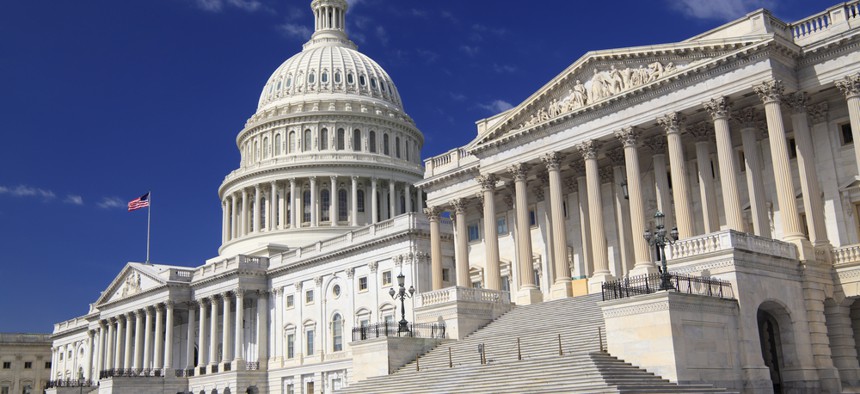How New York will benefit from federal funds to support foster care overhaul

U.S. Capitol Shutterstock
In the days leading up to Christmas, the federal government approved a major gift for foster care providers and local government officials. President Donald Trump signed a $1.4 trillion spending package that included $500 million for states to implement the Family First Prevention Services Act, which passed last year and prioritizes “family-based foster care over residential care,” according to the state. The Congressional Research Service estimated that New York would receive $21.4 million as part of the new spending deal.
On top of that, the recently approved Family First Transition Act includes even more financial help for New York City – an estimated $90 million over two years – to continue funding its Strong Families NYC initiative. One study found the project has resulted in lower caseloads and youth leaving foster care faster.
States and cities have been able to implement these types of innovative programs through waivers from federal requirements. The 22 states that receive such waivers – which were set to expire earlier in 2019 – were worried that their funding would decrease under the Family First Prevention Services Act.
The Family First Transition Act provides states that receive waivers with money to fund their current programs for two years and help them adapt to the new requirements of the Family First Prevention Services Act. States also now have more time to adjust to the mandate that at least half of foster care prevention funds be used for what the federal government designates as “well supported” programs, which are backed by stronger evidence.
“I think the biggest challenge will be recognizing that the Transition Act fund is finite,” said Jeremy Kohomban, president and CEO of The Children’s Village, “which means that you have to use that money wisely and use it in ways that allow you to bridge to actual implementation of Family First.”
NEXT STORY: Where nonprofit leaders have gone in 2019